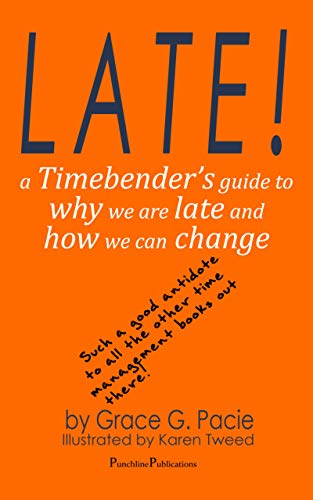What do you think?
Rate this book


174 pages, Kindle Edition
First published June 13, 2020
People-decisions are time-consuming, for the simple reason that the Good Lord did not create people as ‘resources’ for organisation. They do not come in the proper size and shape for the tasks that have to be done in organisation – and they cannot be machined down or re-cast for these tasks. People are always ‘almost fits’ at best. To get the work done with people (and no other resource is available) therefore requires lots of time, thought, and judgment.